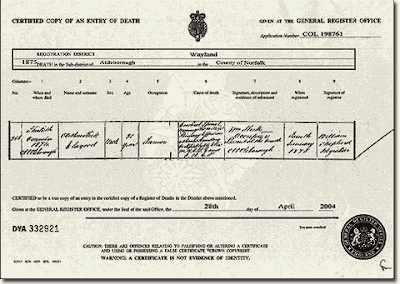As a District Nurse, Susan (not her real name) started work at 8:30 by popping into the health centre for messages and to deal with any urgent problems that might have come up. She and her colleagues then met to check work allocations for the day.
Andrew (not his real name either), head of the investment branch of a major bank, also started his day at 8:30 when he met his closest associates. They had been researching the financial standing of various rivals that were beginning to show signs of weakness. He was proud of these bright young people and the reports they had prepared, insightful, concise and closely argued, just as he had trained them. He knew, however, that the closer they studied their targets, the more enthusiastic they would have become about them. He would have to allow for the distortions to which this might lead. He would also have to rein them in during the meeting if they were to stick to the scheduled time.


















